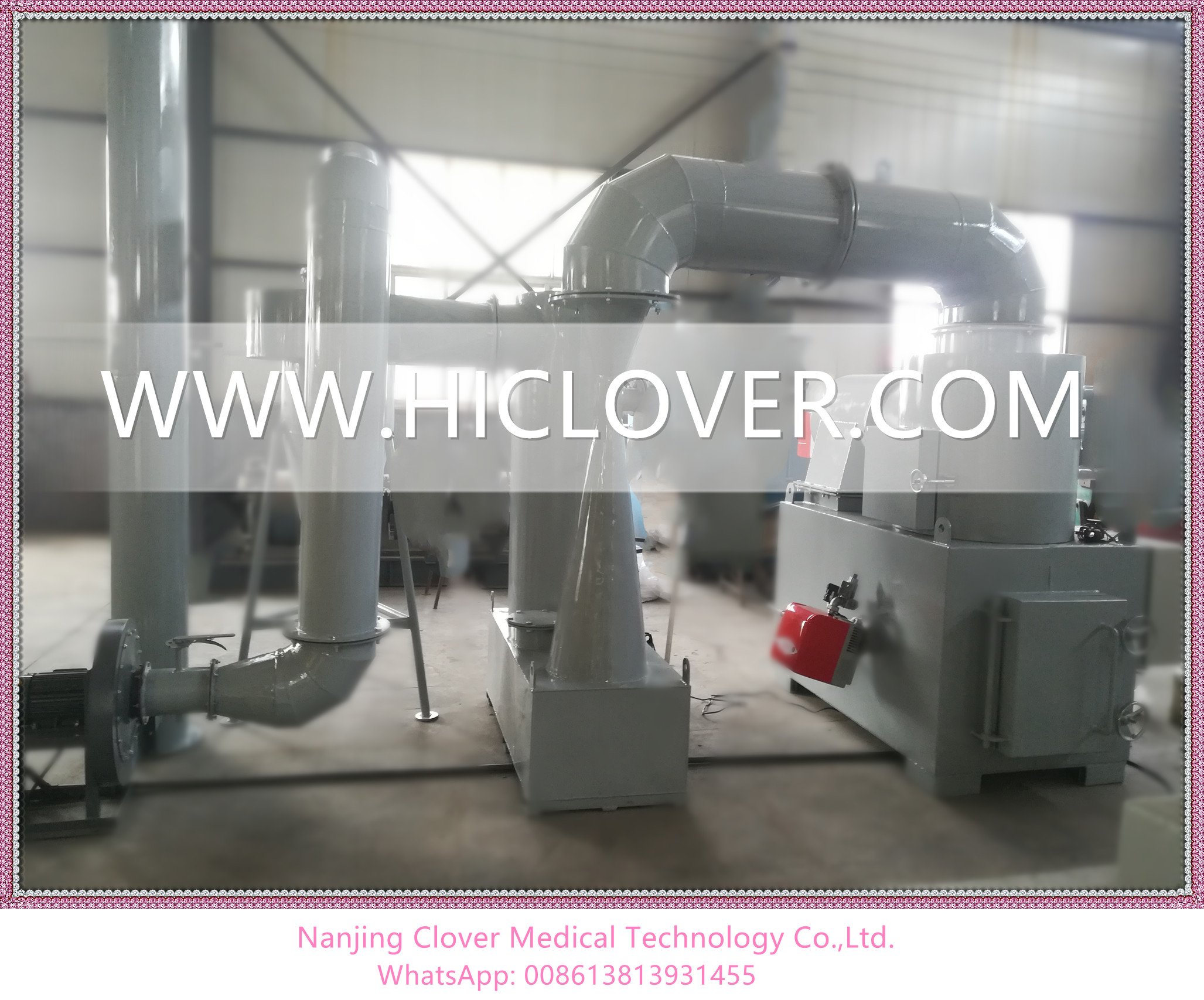In the face of climate change and the urgent need to reduce our carbon footprint, the future of energy is looking brighter than ever. One innovative solution that is gaining traction is the idea of turning garbage into electricity.
The concept is simple yet effective: instead of allowing waste to pile up in landfills, it can be converted into renewable energy, thereby reducing both waste and emissions. This process, known as waste-to-energy, is rapidly gaining popularity as countries around the world seek to find sustainable solutions to their energy and waste management challenges.
One of the key benefits of turning garbage into electricity is that it provides a consistent and reliable source of renewable energy. By harnessing the power of waste, we can reduce our reliance on fossil fuels and, in turn, decrease our carbon emissions. This not only helps combat climate change but also contributes to a cleaner and healthier environment.
Furthermore, waste-to-energy plants can play a crucial role in reducing the volume of waste that ends up in landfills. In many countries, landfills are reaching capacity and are becoming a significant environmental and health hazard. By diverting waste to energy plants, we can effectively reduce the amount of waste that needs to be disposed of in landfills, thereby alleviating the strain on these facilities and minimizing their impact on the environment.
Another advantage of waste-to-energy is that it can help address the issue of landfill methane emissions. Landfills are a major source of methane, a potent greenhouse gas that contributes to climate change. By capturing methane and burning it for energy, waste-to-energy plants can mitigate these emissions while producing electricity, effectively killing two birds with one stone.
While waste-to-energy has its benefits, it is important to acknowledge that it is not a perfect solution. Critics argue that burning waste can still contribute to air pollution, and there are concerns about the potential release of harmful toxins during the combustion process. However, advancements in technology and stricter regulations have helped to address these issues, making waste-to-energy a more sustainable and environmentally friendly option.
As we strive to transition to a more sustainable energy future, waste-to-energy presents a promising opportunity to simultaneously address our waste management and energy needs. By harnessing the power of garbage, we can reduce our reliance on fossil fuels, decrease waste and emissions, and pave the way for a cleaner, greener, and more sustainable future. The future of energy is indeed looking brighter with waste-to-energy leading the charge.



